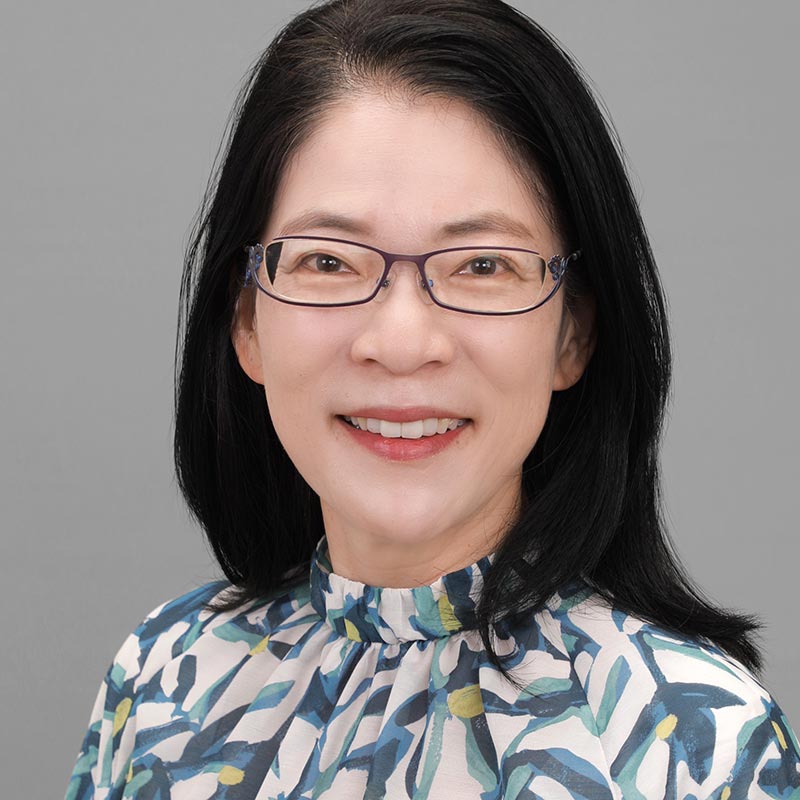
Authors
While the proportion of socially responsible investment (SRI) relative to total assets managed in Japan was only 3.4 percent in 2016, compared to 52.6 percent in the EU and 21.8 percent in the U.S., the growth of SRI in Japan has been significant—242 percent from 2016 to 2017 to approximately US$1.13 trillion, according to the 2017 Japan Sustainable Investment Forum Report. Why has this happened?
In recent years, Japan has made a massive shift to begin to integrate environment, social, and governance (ESG) factors into its investment strategies. For Japanese companies, this creates an environment of support for sustainability efforts, and we are likely to see these practices increasingly become the norm. Companies headquartered outside Japan, too, would be wise to take note, as this shift by the world’s third-largest economy is likely to have implications for not only their Japanese operations but across their value chains abroad.
In short, the pro-business Japanese government has made the nation’s expectations for sustainable business practices clear, helping investors understand a broad set of ESG issues that are material for their investment strategies and providing structure and support to enable social dialogue.
Japan’s changes to date and roadmap for the future are well-summarized in the Ministry of Economy Trade and Industry (METI) report commonly known as the Ito Review 2.0. The initial Ito Review, published in 2014, showed the challenges created by the lack of long-term asset management culture, combined with a lack of dialogue on investor expectations. In response, the Japanese government has taken a systematic approach to address this issue.
The next year (2015), the Tokyo Stock Exchange, with support from the Financial Service Agency (FSA), issued the Japanese Corporate Governance Code, which established fundamental principles for effective corporate governance at listed companies in Japan, with the intention of encouraging sustainable corporate growth and increased corporate value over the mid- to long-term.
And when the Japanese Government Pension Investment Fund (GPIF), the world’s largest pension fund, with approximately US$1.3 trillion in assets under management today, signed the UN Principles for Responsible Investment (UNPRI) in 2015, the impact had on not only Japan’s investment landscape, but also globally, was catalytic. It demonstrated how an asset owner with an ESG champion at its helm can swiftly translate its conviction into change in the marketplace.
GPIF has emphasized the relationship between ESG and long-term value, explaining that for long-term investors, material ESG factors have implications for investment performance by definition. By extension, this means that taking these factors into account in investment analysis and decision-making is consistent with fiduciary duty.
Pressure for both investors and companies to change toward responsible investments and sustainability has come not only from the Japanese government but also from civil society. In the past few years, both international and local NGOs in Japan have started voicing concern on topics including climate change, investment in coal/fossil fuels, and the sourcing of paper/pulp and palm oil.
This year’s Responsible Investor conference, RI Asia Japan, was held in Tokyo on April 10-11. The event attracted both local and international audiences, and reflected the changing focus of Japan’s investment landscape. Discussions have moved beyond whether investors should integrate ESG or not, and instead focused on the “how,” including addressing the more nascent areas of ESG integration into fixed income and passive strategies. This shift alone represents significant progress from where Japan sat in its closed ecosystem just a few years ago.
The framing of the opportunity to connect an ESG investment strategy to the UN Sustainable Development Goals (SDGs) has been rapidly accepted by Japanese investors and businesses alike. As Hiromichi Mizuno, Executive Managing Director and Chief Investment Officer of GPIF, explained at the event, the number of articles talking about ESG in Japan has quadrupled over the past two years.
Yet at both at RI Asia and two BSR side events around the conference, it was clear that Japanese investors seek deeper guidance on how to properly integrate ESG considerations into their investment strategies. A few key learnings from the event for the investor community included the following:
- Mainstream Japanese investors new to ESG can learn a great deal from international players who have long integrated ESG in the core of their investment strategies, such as AXA, Clearbridge, Wellington, BNP Paribas, UBS, and others.
- ESG reviews of companies commonly use information from major ESG date/rating providers; investors should leverage this data as a starting point. In-house analysts can use it to inform their own deeper research and analysis, but they should also engage in dialogue with companies directly.
- Socially responsible investments are not only about integration and engagement, but can also take the form of innovative products. There could be a new market opportunity to attract various investors by developing innovative financial products, including fixed income and impact investments, unique to the communities addressing ESG challenges in line with SDG goals.
The next few years are likely to tell the story of how SRI takes hold, proliferates into the Japanese investor and business communities, and, hopefully, helps define ESG leadership in Asia and around the world. At BSR, we’ll continue to watch this space and and work with our member companies, including our banking and investment members, to assist with their responsible investing needs.
BSR’s latest sustainability insights and events straight to your inbox.
Topics
Let’s talk about how BSR can help you to transform your business and achieve your sustainability goals.








